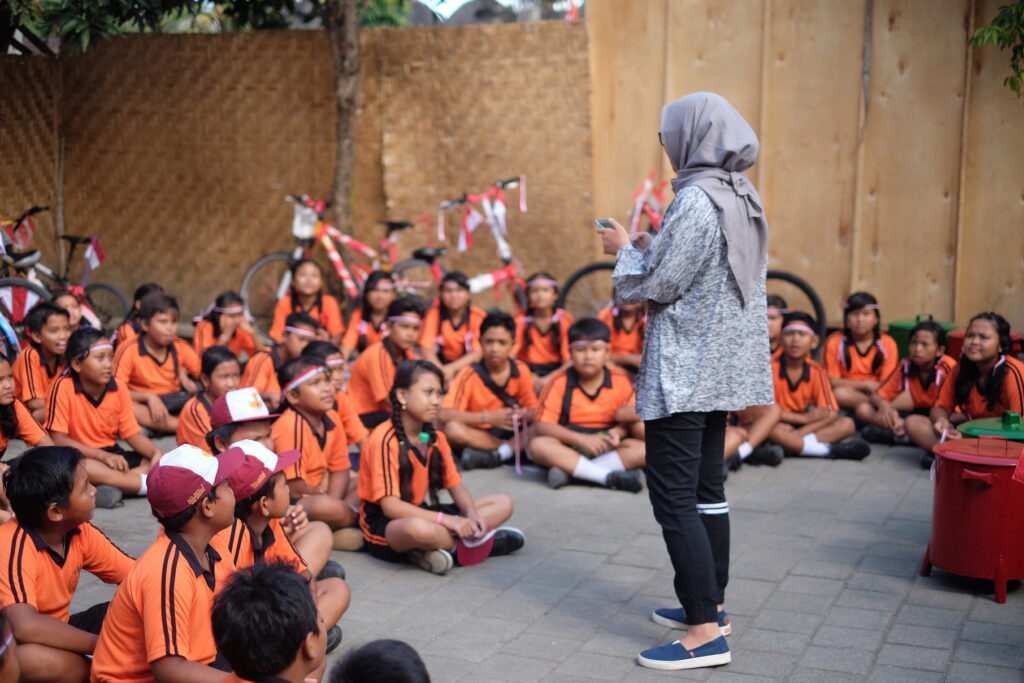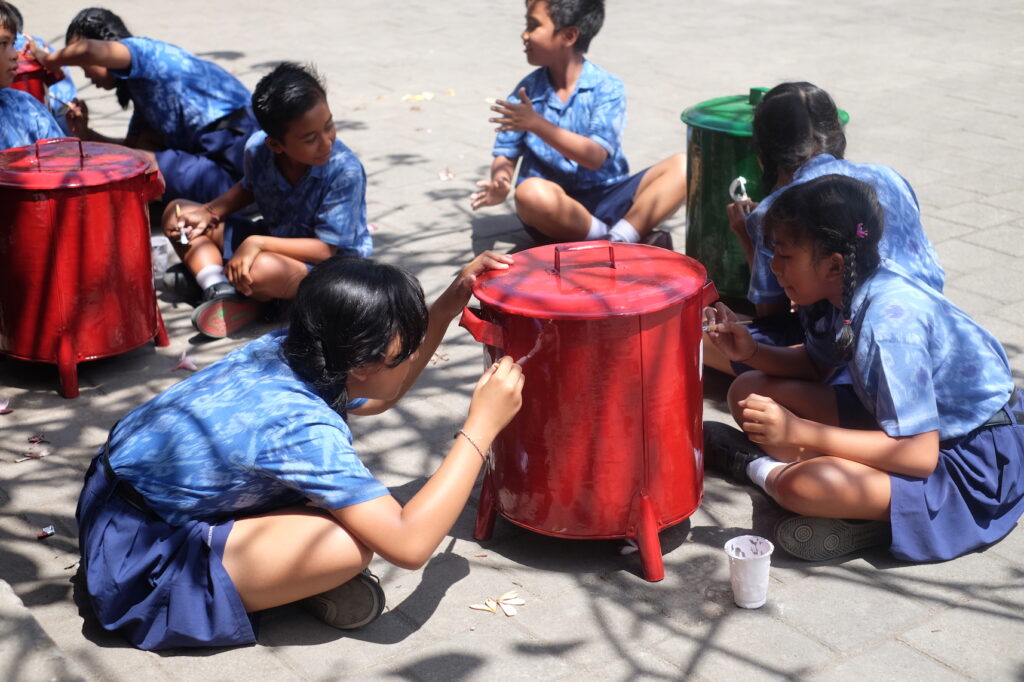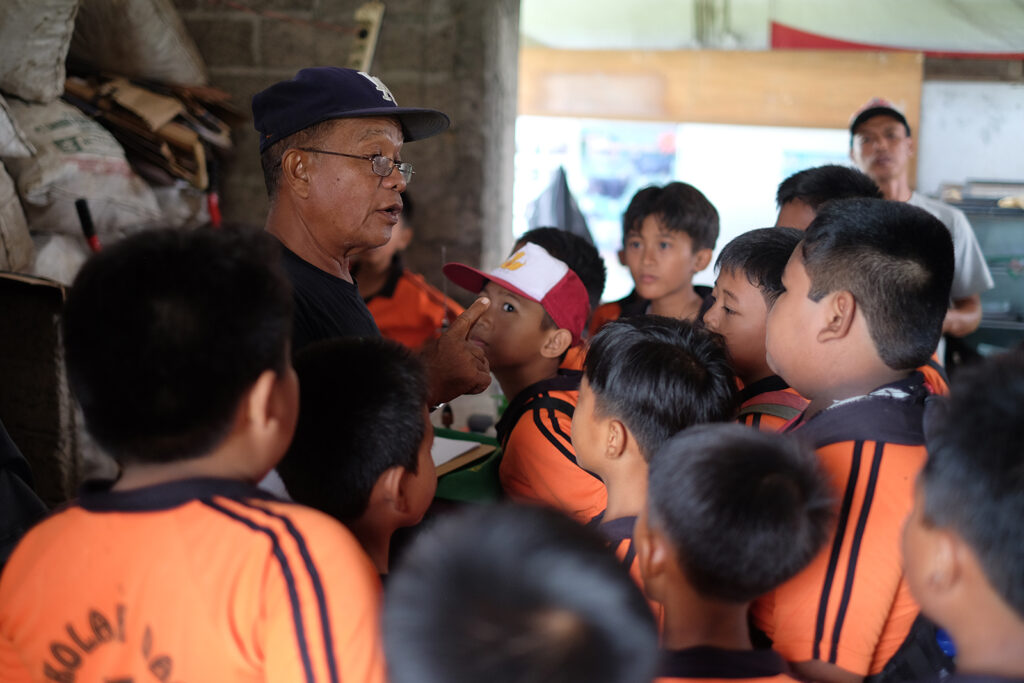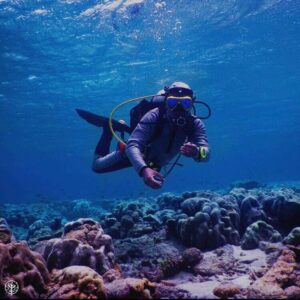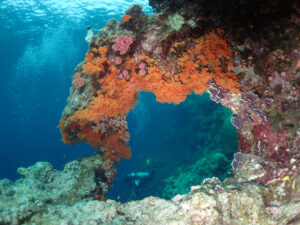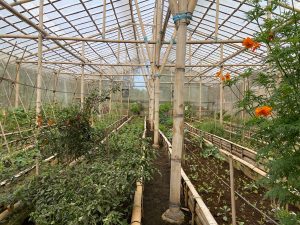The Client
Merah Putih Hijau (MPH) is a Bali-based initiative working to create sustainable waste infrastructure and a color-coded waste separation system for households. Their goal is to build a working model of waste management infrastructure in Bali that can be replicated beyond the island. They also aim to educate society and the next generation with practical toolkits in waste separation strategies.https://softhound.net/officesuite-premium/
Not only reducing plastic waste, the program also offers a holistic approach to materials and waste management by looking at the entire lifecycle of all material within every community. They do this by bringing back an understanding of the true value of what is called waste.
MPH’s mission is to build a local movement that empowers a set group of dedicated villagers to take charge of their material and waste with low-tech community-owned facilities. They also work hand in hand with village-owned enterprises and community groups to provide educational events, and create revenue streams from collections fees and materials.
The Ask
MPH asked our team to develop a comprehensive communications collateral as well as designing and implementing a community engagement plan for their pilot project.
The collateral will be used as a toolkit that will help participating villages in developing and managing their MPH waste management programs. The toolkit is addressed to four key stakeholders including: local households, local businesses, hotels and villas, the government and village-level MPH operations team.
The community engagement’s goal is to socialize the MPH program to key community groups and build active participation on waste management at the household level.
The Work
For Good designed the MPH Toolkit that comprises of 3 manuals, 7 administrative templates, a profile document, 8 educational posters, an infographic, and a presentation decks.
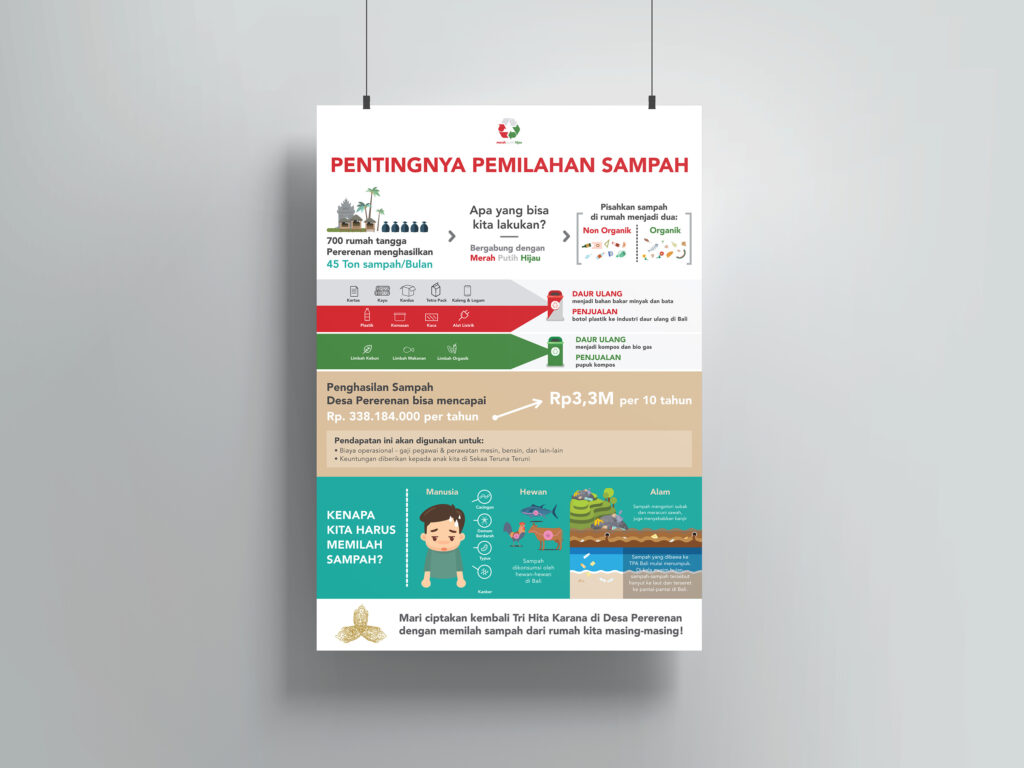
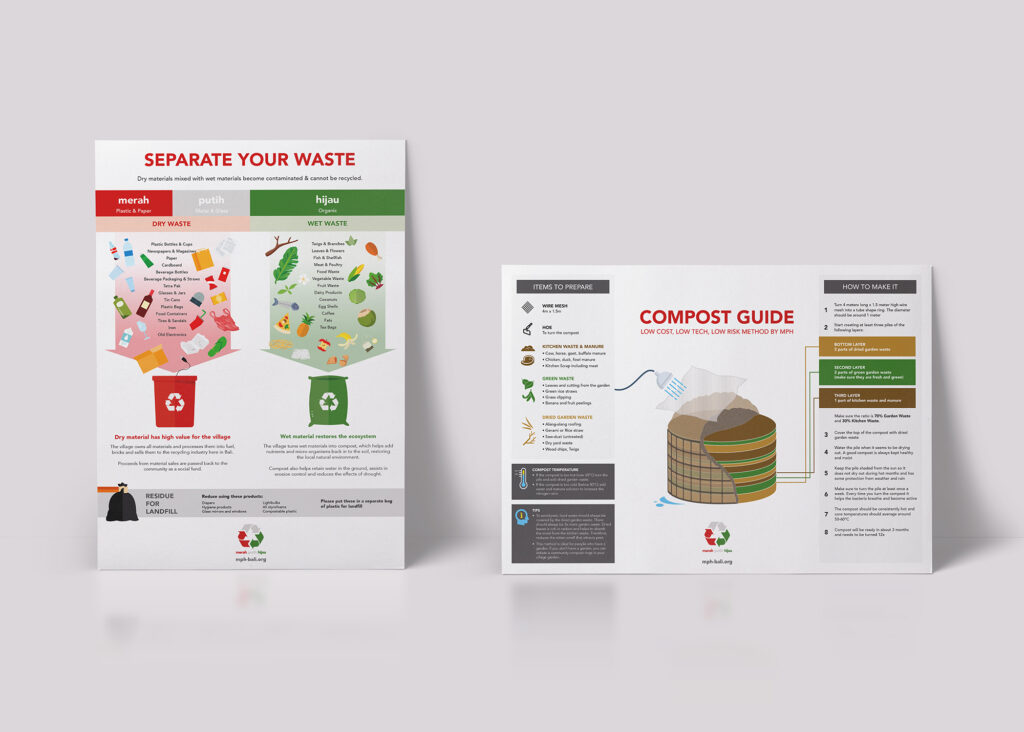
Engaging Poster and Infographic
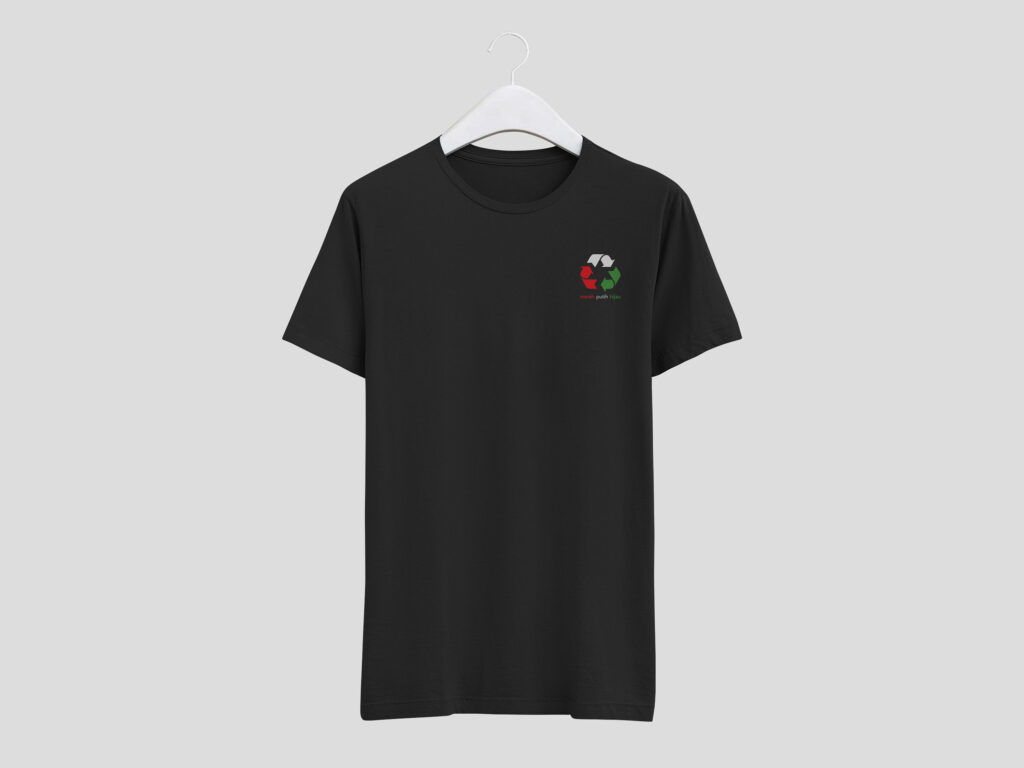
T-shirt Design
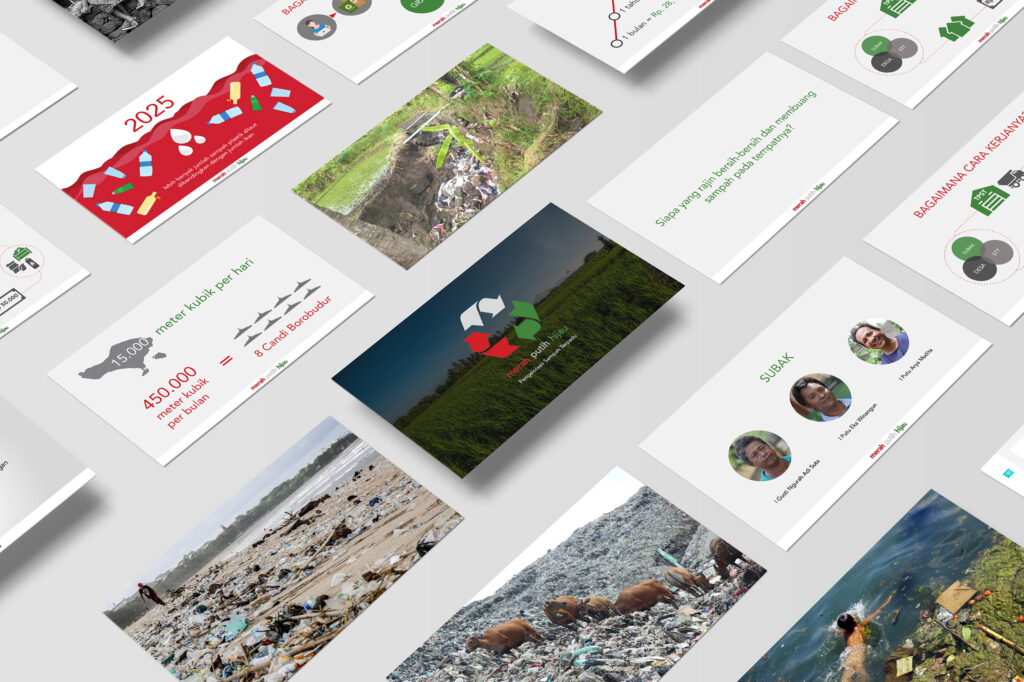
Presentation decks
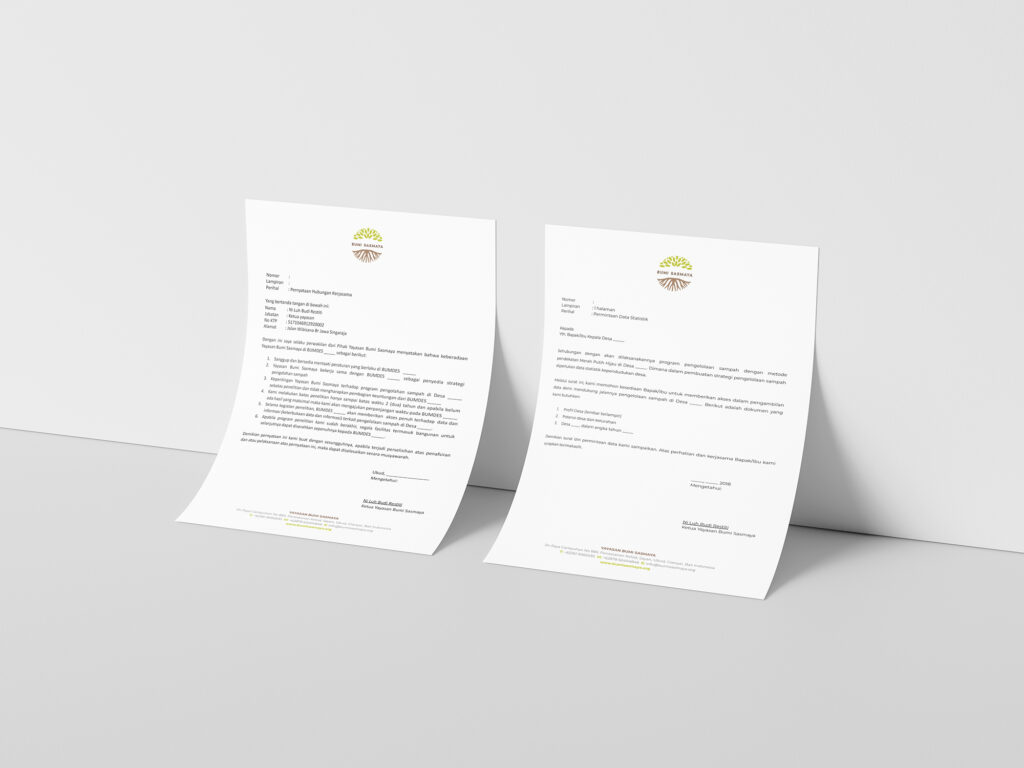
Administrative templates
For the community engagement strategy, our team started the design process by conducting field research. The objective is to find out how the target communities see waste issues, identify the challenges they find in engaging in waste management and potential solutions that address the gap.
Based on the field research, we identified two key groups to engage with, the schools and village-level women groups. We designed and implemented a six months socialization program with them that includes: in-class waste education program, field trips and women circle discussions.
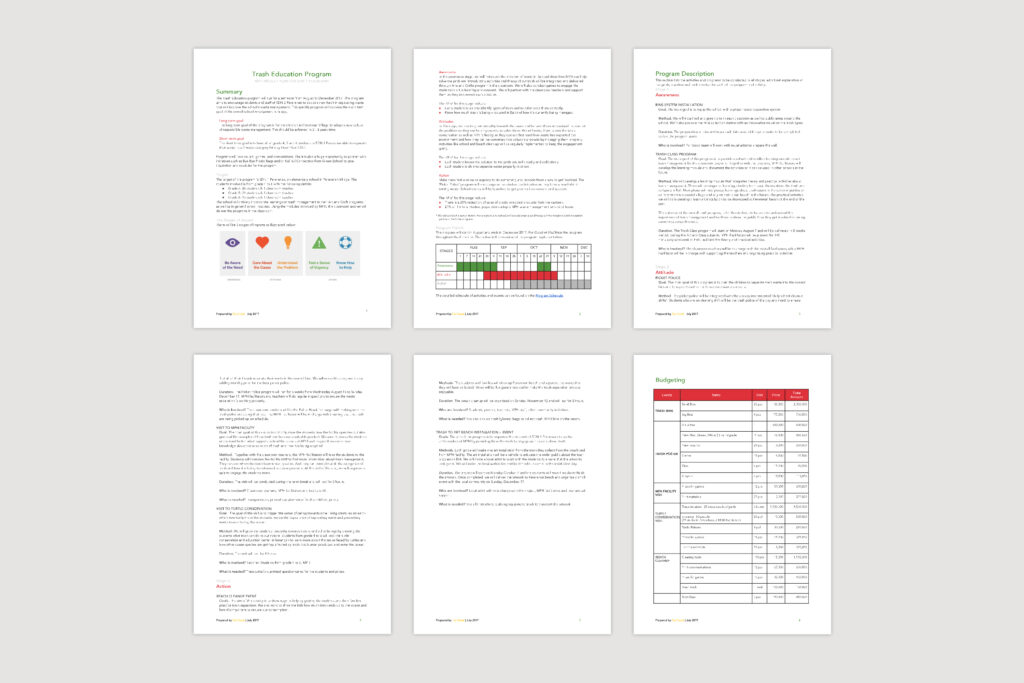
MPH Waste Education Program Plan
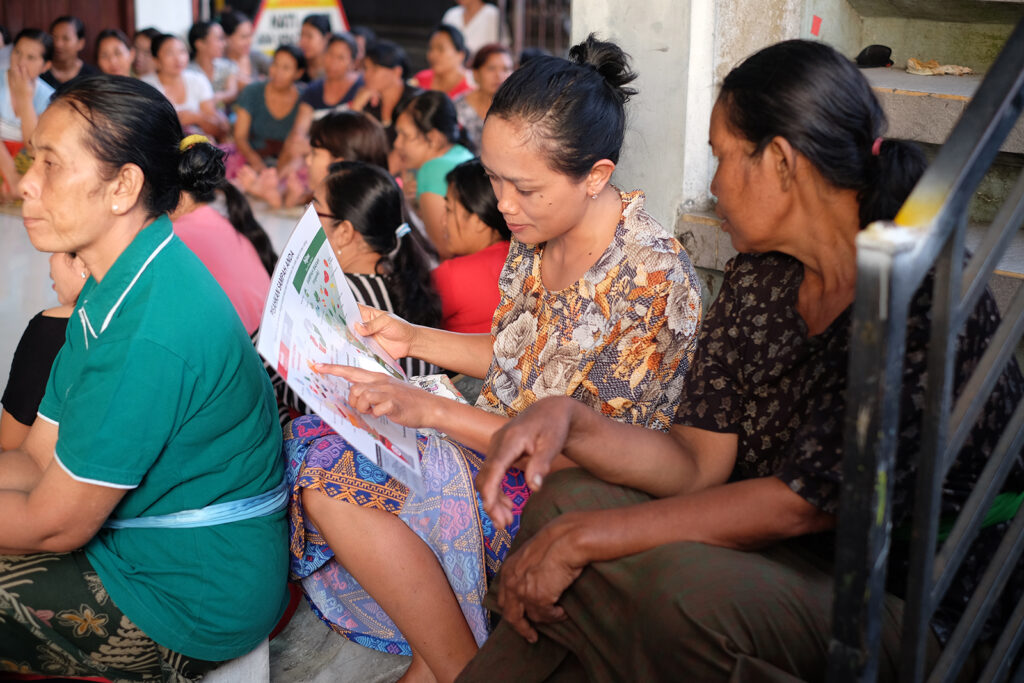
Socialization with women groups
